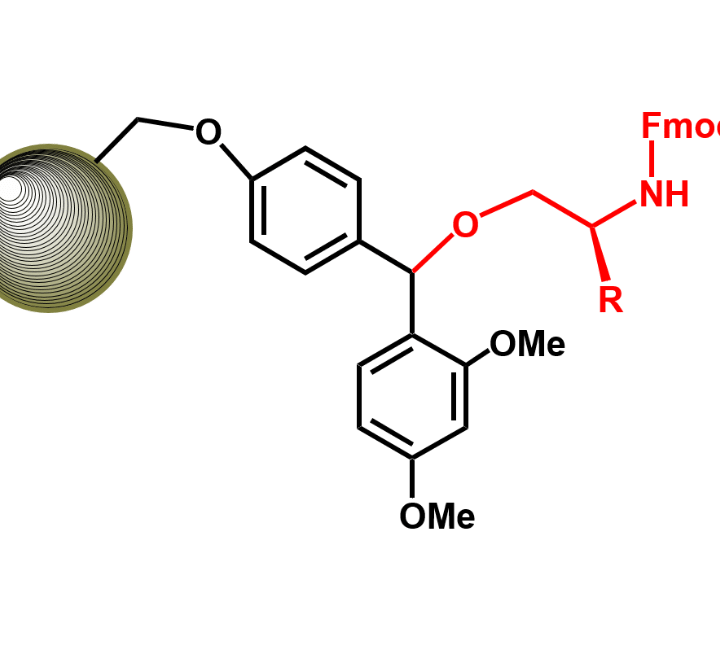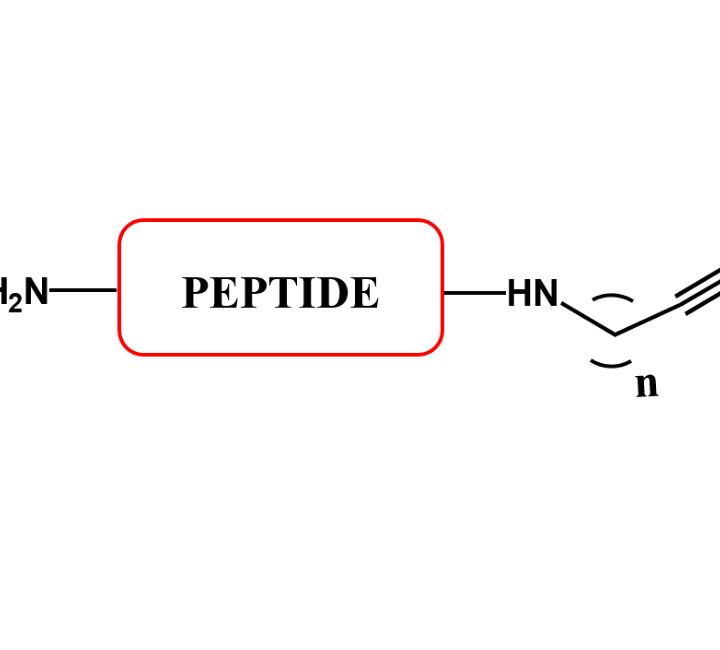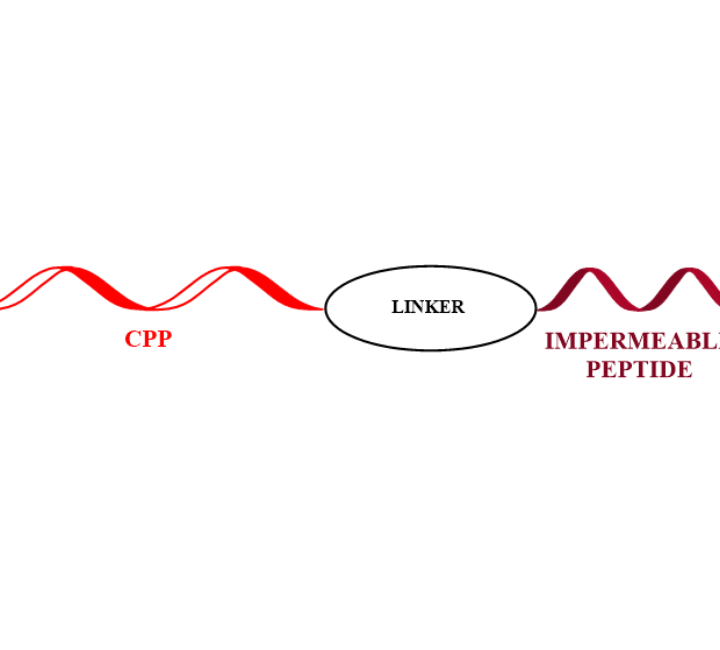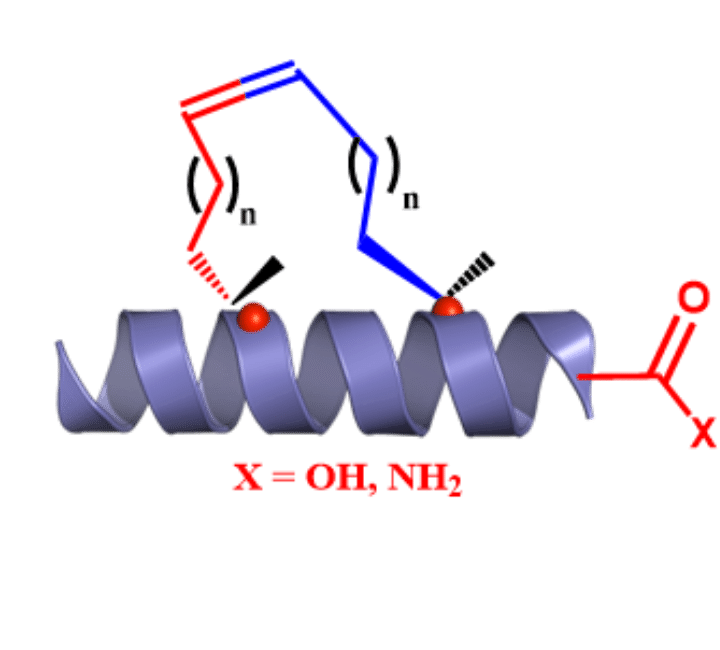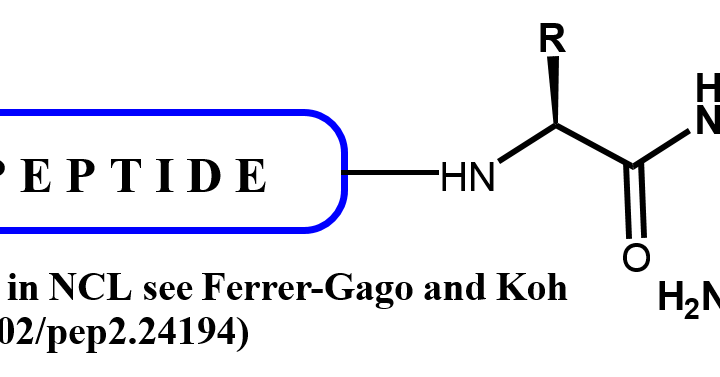
PHASE PEPTIDE SYNTHESIS
Dedicated to Providing
Cutting Edge Peptide Modification
Synthesis Services
Delivertides is a biotechnology company located in the beautiful city of Merced in California’s central valley. The main goal of Delivertides is to establish collaborations with pharmaceutical industries with several objectives. The first objective is to improve cell permeability of active peptides by making small modifications at the C and N terminus. The second objective is the development of modified cell penetrating peptides (mCPPs) to create conjugates with an improved cell permeability. The third area of expertise is PROTAC, LYTAC peptide conjugates, Chlorotag C and N-terminal conjugates for NanoLuc® and NanoClick® cell assays, and reactive peptides for easy conjugation. Besides peptide synthesis services, Delivertides provides coupling reagents, Fmoc-protected amino acids, and Fmoc-protected unnatural amino acids. We also offer a large variety of high quality Fmoc-alpha-alkenyl glycines and alanines for the synthesis of all-hydrocarbon stapled peptides at a very competitive price.
Expertise
Consultant in Solid Phase Peptide Synthesis (SPPS). Synthesis of classic i,i+4 and i,i+7, double-stapled and stitched peptides.
Innovation
C-terminal modifications of biologically active peptides to enhance SAR studies.

Dedicated to providing peptide synthesis
services to pharmaceutical and biotech industries.
All hydrocarbon stapled and stitched peptides

Cell penetrating peptide conjugates

C-terminal peptide modifications

Resins and reagents
‣ Unnatural amino acids for the synthesis of stapled peptides
‣ Reagents and resins for PROTAC
‣ Resin for Natural Chemical Ligation (NCL)

N-Terminal Peptide Modifications
Delivertides can also synthesize N-terminal modified peptides, including Biotinylation, dye conjugations, N-terminal fatty acids and others.
Acetylation
Increase peptide stability by preventing N-terminal degradation
Biotin
Commonly used in immunoassays, immunohistochemistry, and flow cytometry
Fluorescein and other dyes
Protein-protein interaction and localization studies
Fatty acids
Increase their cell entry and help binding of the peptides to cell membrane (palmitic, myristic lithocholic acids)
Chloroalkane tags
Cell internalization studies (CAPA)
Spacers
Reduce steric hindrance at the binding sites
Thalidomide-like conjugate peptides
Proteolysis-targeting chimeras (PROTACs)
Additional modifications
Give us a call
Tackling the difficult problem of cell permeability for your therapeutic peptide
Do you have a good binder but are unsure if it will get inside target cells?
Delivertides LLC can help you turn your good binder into a viable drug candidate through our fully customized cell penetrating peptide (CPP) conjugation service.
To illustrate the value of conjugating a therapeutic peptide to the optimal CPP, we would like to point you to the following case study of the FFW peptide:
PEN–FFW-acid or amide (Patent WO 2017/190032)
H-Arg-Gln-Ile-Lys-Ile-Trp-Phe-Gln-Asn-Arg-Arg-Met-Lys-Trp-Lys-Lys
-Arg-Arg-Lys-Phe- Ala-Lys-Phe-Gln-Trp-Ile-OH
FFW is a modified version of an amino-terminal peptide of SALL4 (1-12). By disrupting the SALL4-NuRD complex, FFW causes a unidirectional up-regulation of transcripts, converting SALL4 from a dual transcription repressor-activator mode to a singular transcription activator mode.
FFW binds to retinoblastoma binding protein 4 (RBBp4) at the same binding site used by WT SALL4 to bind to RBBp4. It therefore competes with WT SALL4 for binding to RBBp4. In cancer cells, SALL4 associates with nucleosome remodeling deacetylase (NuRD) to silence tumor suppressor genes.
Characteristics of FFW:
- Target affinity (Kd) of 23 nM
- Significant antitumor effects
- Inhibits tumor growth in xenograft mouse models
- Inhibits transcription-repressor function of SALL4
- Causes massive upregulation of transcripts that are beneficial to patient survival.
However, due to a lack of permeability, FFW needs to be conjugated to a cell penetrating peptide (CPP) to get into cells. To date, FFW has been conjugated to a well-known CPP called penetratin.
Penetratin sequence:
H-Arg-Gln-Ile-Lys-Ile-Trp-Phe-Gln-Asn-Arg-Arg-Met-Lys-Trp-Lys-Lys-
Impermeable FFW sequence:
Arg-Arg-Lys-Phe- Ala-Lys-Phe-Gln-Trp-Ile-OH
CPP-FFW conjugate sequence (known as PEN-FFW):
H-Arg-Gln-Ile-Lys-Ile-Trp-Phe-Gln-Asn-Arg-Arg-Met-Lys-Trp-Lys-Lys-Arg-Arg-Lys-Phe-Ala-Lys-Phe-Gln-Trp-Ile-OH
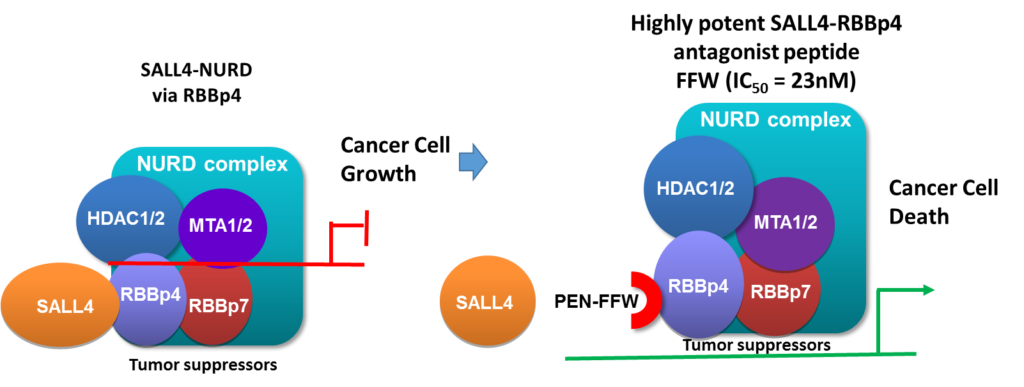
In order for a peptide to reach an undruggable target, the peptide has to be internalized. Inside the cell, the peptide will be able to disrupt a protein-protein interaction of interest. Often, a good binder peptide (GBP) is unable to get inside the target cell for various reasons, or the GBP remains coated in endosomes. In these cases, the GBP cannot exert its biological activity. Conjugating the GBP to a CPP can pave the way for a therapeutic moiety like PEN-FFW to become a promising drug candidate.
Currently, the CPPsite 2.0 http://crdd.osdd.net/raghava/cppsite database has about 1850 different types of CPP sequences. CPPs are highly diverse in physicochemical and biological properties, differing in length, charge, solubility, and hydrophobicity.
Leveraging a database of more than 1850 different CPP sequences, Delivertides LLC can identify a CPP sequence (or several CPP options) to help make your GBP cell permeable and turn it into a viable drug candidate.
Delivertides LLC will work with you through the entire process, including selecting the best set of sequences and producing the best CPP or modified CPP conjugate for your GBP.
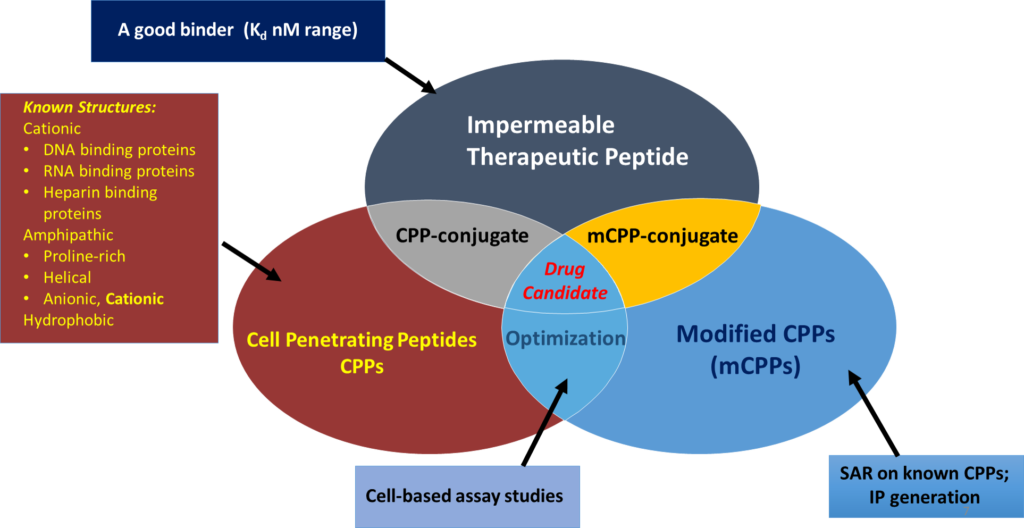
After having a NDA in place, we will work closely to achieve your goals.
Looking forward to hearing from you ! ! !

